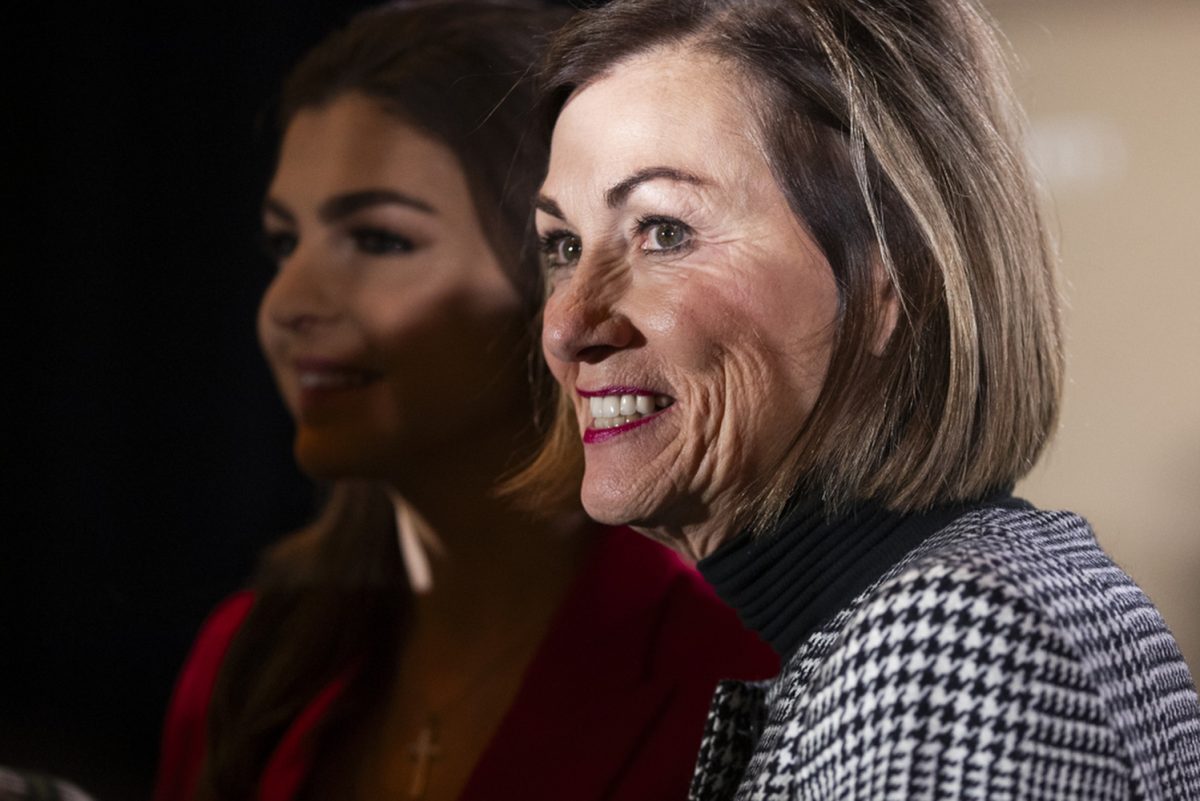The University of Iowa Student Government’s election season kicked off Monday night with an informational meeting for undergraduates interested in pursuing in legislative or executive office for the 2013-14 school year.
Prospective members of UISG were introduced to an updated set of rules governing student elections; the election bylaws were tweaked last spring to better regulate candidate interaction with students in light of the adoption of online voting. Beginning with this April’s election, candidates may no longer provide students with electronic devices on which to vote or campaign in campus computer labs.
These changes are nice, but they neglect the most glaring problem with UISG’s election rules: They clearly favor candidates with lots of money to spend on a campaign. We support the establishment of a public funding system for UISG’s presidential elections.
As it stands, candidates for UISG president can spend up to $3,000 during the campaign to promote their ticket and two at-large senate candidates. Senate candidates are limited to $300 spending per campaign.
All campaign spending and “in kind” campaign donations are subject to strict reporting requirements and are subject to scrutiny by the Student Election Board commissioner, but all of this spending is out-of-pocket. There is no mechanism by which candidates can receive “public” campaign funds from student government.
In other words, candidates or sets of candidates without an adequate pot of money need not apply.
“The system is unfortunately set up to reward the individuals who advertise the most, just like any other campaign,” Kothari said. “And in any year with a competitive election, all parties put in the maximum amount of time, effort, and money to be elected.”
Kothari and his running mate, Nick Rolston, used personal savings to finance their shot at executive office.
Given the extraordinarily high cost of a competitive campaign, it is not surprising that 2012’s race was the first contested election for UISG president in three years. So far this year, only one presidential candidate — current Speaker of the Senate Aaron Horsfield — has emerged.
Current Student Elections Board Commissioner Peter Chalik said that there is no system of public financing in place because of the high cost and logistical difficulty of such an initiative. Both are certainly valid concerns.
To hold down the costs of a public financing system, we suggest that all candidates for president and the Senate alike be on the hook for the first $300 of campaign spending. Because senators are not allowed to spend more than $300 per campaign, they would not be eligible for public funding.
Any presidential campaign spending beyond $300 up to the maximum $3,000 would be subsidized by student government. Obviously, such a measure would require a cap on the number of presidential candidates eligible to participate in the general election to keep spending low.
A relatively low-cost program could make a big difference. Even if $10,000 were set aside every year to fund UISG elections, the program would consume just over 2 percent of UISG’s annual organizational budget and initiatives fund, which amounted to $450,470.59 in fiscal 2013. Any unused funds could be rolled into next year’s election fund.
These new rules would certainly require a stronger student-elections watchdog to ensure that public funds are being spent properly, but the total costs of public funding are far outweighed by the benefits of more competitive, more inclusive elections.
It’s time to open up UISG elections.






